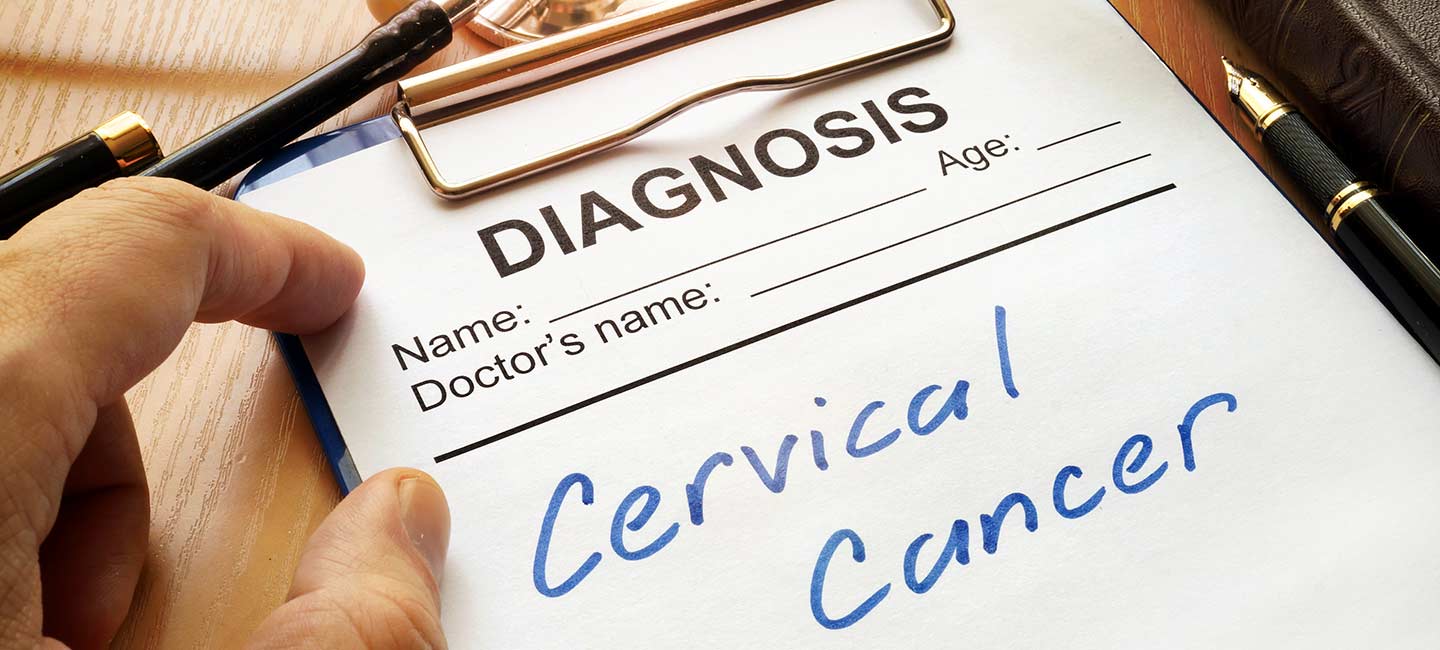New Global Push to Eliminate Cervical Cancer
The World Health Organization (WHO) wants to put an end to cervical cancer. At its recent World Health Assembly, the WHO announced several decisions aimed at advancing global public health, including accelerating the elimination of cervical cancer.
While it may sound like a lofty goal, the WHO says it is achievable. The organization has established a global strategy for the next 10 years focusing on three key pillars: prevention through HPV vaccination; screening and treatment of pre-cancerous lesions; and management of invasive cervical cancer, including access to palliative care.
To get on the path to elimination, the strategy urges all countries to achieve the following targets by 2030:
- 90% of girls fully vaccinated by age 15, if possible
- 70% of women screened with a high-performance test – once by age 35 and again by 45
- 90% of women who are identified with cervical disease receive treatment – this includes pre-cancers and invasive cancers
The WHO says if this strategy is achieved, the median cervical cancer incidence rate would fall by 10%, averting 70 million cases around the world in the century.
Florida is already on the path to help reach this goal. Earlier this year, the state released its five-year cancer plan, which includes a goal to eliminate cervical cancer.

Dr. Anna Giuliano, Founding Director, Center for Immunization and Infection Research in Cancer
“Florida is the first state in the nation to outline such a goal in their cancer control plan,” said Dr. Anna Giuliano, founding director of the Center for Immunization and Infection Research in Cancer at Moffitt Cancer Center. “It is a bold statement, but it is attainable. We have the tools to make this happen.”
Giuliano says the most important part of the goal is vaccination. “Parents need to talk with their physicians about HPV vaccination for their children,” she said. “The vaccine protects against six types of HPV-related cancer.”
The HPV vaccine is recommended for males and females ages 9 to 45. The number of doses each patient will receive differs by their age, and in most cases the vaccine is covered by insurance.



